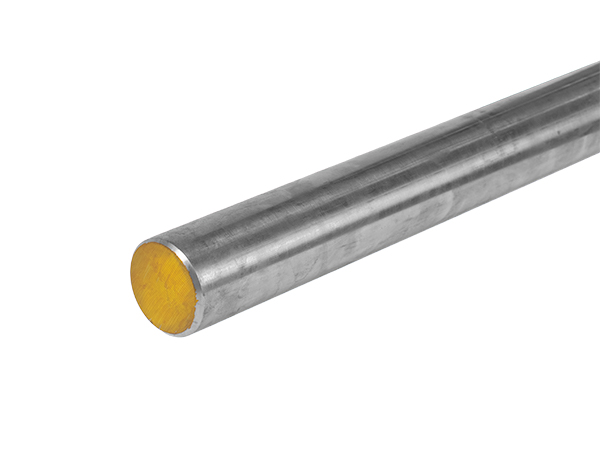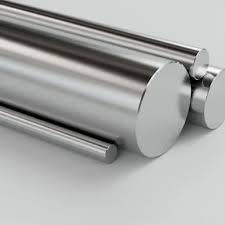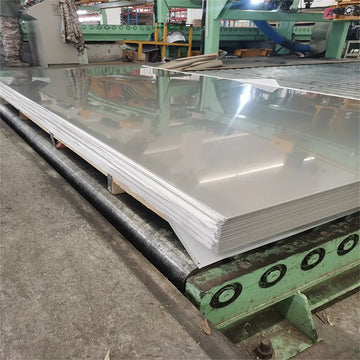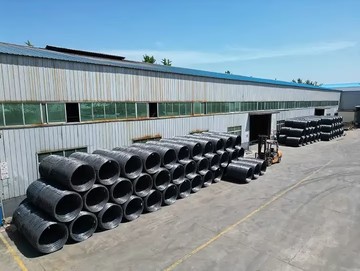
20 YEARS EXPERIENCE
There are more than 30 products to choose from
to meet your every need.
Products Description
Stainless Steel for Medical Use A Comprehensive Guide
The world of medical technology has witnessed remarkable advancements in recent years, thanks in large part to the use of high-quality stainless steel in the manufacturing of various medical equipment. This article will explore the various applications and benefits of this versatile metal in the healthcare sector, providing you with comprehensive information on its properties, specifications, and usage.
Introduction

Stainless steel, an alloy composed of chromium and nickel, has become a staple in the medical industry due to its durability, corrosion resistance, and ability to withstand extreme conditions. It is used extensively in surgical instruments, implants, and other critical medical devices that require exceptional performance and longevity. This guide aims to demystify the world of stainless steel in the medical domain by providing you with all the necessary details about this indispensable material.
Properties and Specifications
Chromium Content

Cr is one of the main elements in stainless steel that contributes to its corrosion resistance and durability. The higher the percentage of Cr in a stainless steel grade, the better its resistance to corrosion and pitting.
Nickel Content
Nickel also plays a crucial role in the corrosion resistance of stainless steel. It helps stabilize the structure of the alloy and enhances its overall mechanical properties.

Physical and Chemical Properties
Stainless steel has excellent thermal conductivity and heat retention capabilities, making it suitable for surgical tools and equipment that need to maintain their temperature during procedures. Its chemical inertness ensures minimal contamination of biological materials during handling or sterilization processes.
Applications and Usage Scenarios
Surgical Instruments
Stainless steel is commonly used for creating surgical instruments such as scalpels, forceps, and forcep handles. Its corrosion-resistant nature allows for long-term use without degradation, ensuring the safety and accuracy of the procedure.
Implants
In dental and orthopedic surgery, stainless steel implants serve as permanent replacements for teeth or bone. They resist infection, promote bone regeneration, and enhance the natural healing process.
Sterilization Equipment
Medical sterilizers rely heavily on stainless steel parts like racks, filters, and steam generators. Their ability to withstand harsh cleaning agents and disinfectants makes them ideal for these high-temperature environments.
Strengths and Company Capabilities
SD-Steel, the leading manufacturer of stainless steel products for the healthcare sector, boasts state-of-the-art facilities and skilled workforce. Their expertise in customizing solutions to meet specific medical requirements sets them apart. Whether you're looking to upgrade your existing equipment or start from scratch, SD-Steel offers unparalleled support throughout the entire design, production, and quality assurance process.
Questions and Answers
Q What are the most common uses for stainless steel in the healthcare sector?
A In addition to surgical instruments and implants, stainless steel is utilized in a wide range of medical applications including
1. Sterilization equipment
2. Dental prosthetics
3. Orthopedic fixtures
4. Endoscopic instruments (for minimally invasive surgeries)
5. Biomedical materials
Q How does the presence of chromium affect the physical and chemical properties of stainless steel?
A Chromium's high oxidation resistance leads to increased hardness and improved wear resistance. Its presence in stainless steel enhances its corrosion resistance and increases its electrical conductivity, enabling it to withstand harsh conditions while maintaining its functionality.
Q Why is stainless steel preferred over other materials for medical purposes?
A Stainless steel's superior corrosion resistance, durability, and biocompatibility make it the gold standard in medical applications where hygiene and patient safety are paramount. Its versatility extends beyond surgical needs, as it is used across numerous medical fields, including dental, orthopedics, and dentistry.
By understanding the unique properties of stainless steel and its importance in the healthcare sector, we can appreciate the dedication and innovation behind every piece of medical equipment crafted using this durable metal. For more information on how to incorporate stainless steel into your healthcare projects, please contact us directly at [Company Phone Number] or visit our [Website]. We look forward to hearing from you soon!
This article provides a thorough overview of stainless steel in the context of medical use, delving into its properties, applications, and company capabilities. By exploring this topic, you gain valuable insights into the vital role that stainless steel plays in modern medicine and the impact it has on improving patient outcomes. If you have any further questions or would like additional information tailored to your specific needs, feel free to reach out to us at [Company Name], and we'll be happy to assist.
COMPANY PROFILE

OMPANY PROFILE
More+OUR ADVANTAGE
 QUALITY CERTIFICATES
QUALITY CERTIFICATES QUALITY CERTIFICATES
QUALITY CERTIFICATES QUALITY CERTIFICATES
QUALITY CERTIFICATES OEM/ODM SUPPORT
OEM/ODM SUPPORT QUALITY CERTIFICATES
QUALITY CERTIFICATES 18 YEARS EXPORT
18 YEARS EXPORTPACKAGING LOGISTICS

 Truck
Truck Sea Freight
Sea Freight Ari Freight
Ari Freight
Hot Tags:




